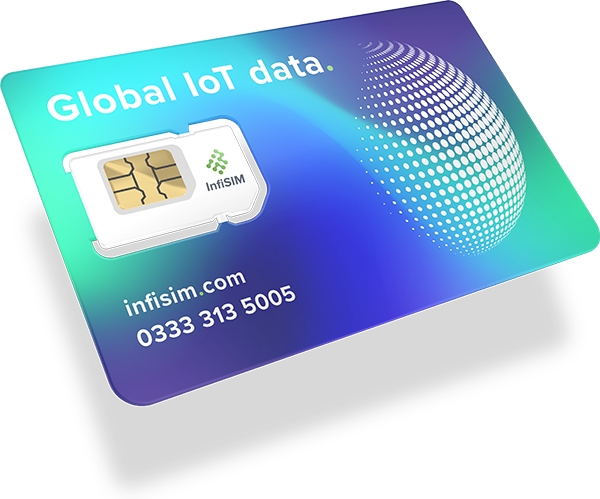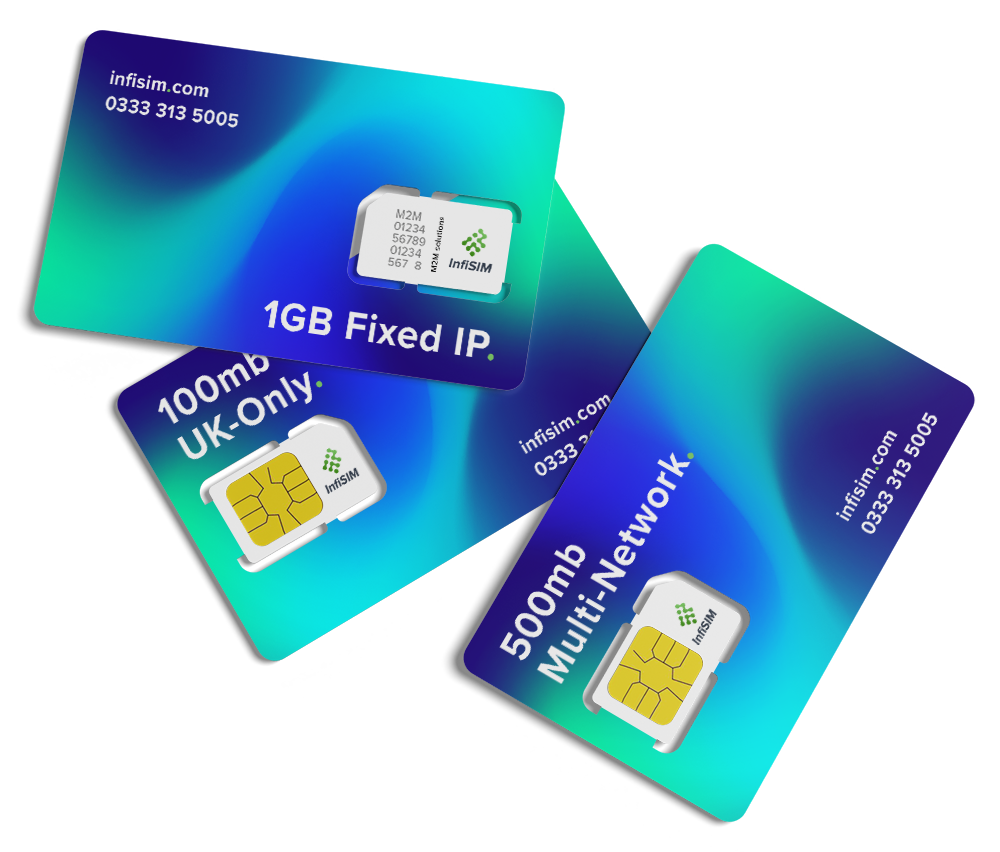Streamline your supply chain.
IoT in supply chain management
The IoT revolution in supply chain management
The Internet of Things (IoT) is introducing revolutionary changes to many sectors, with supply chain management being no exception. Smart, connected devices and real-time data monitoring are shaping a new era of supply chain operations characterised by heightened efficiency, productivity, and opportunity.
The backbone of this transformation is a solid and reliable network connection, the core offering of InfiSIM’s IoT SIM cards.
With our IoT SIMs, your supply chain can become more intelligent, data-driven, and profitable, marking your place in the Industry 4.0 era.
Unleashing the power of IoT in supply chain management
The supply chain industry can reap substantial benefits when IoT devices are effectively connected and managed.
Applications of IoT in supply chain management
There are numerous ways in which IoT technology can be utilised to manage supply chains effectively.
Challenges in IoT implementation & how to overcome them
Despite these challenges, the advantages of incorporating IoT in supply chain management far outweigh the obstacles. With a strategic approach and reliable connectivity solutions, businesses can leverage IoT to gain a competitive edge, drive operational growth, and excel in the era of Industry 4.0.
IoT trends in supply chain
Supply chains are continuously evolving, and with the proliferation of IoT, several notable trends are shaping the future of supply chain management.
IoT supply chain examples
IoT has already been successfully deployed in supply chains across many industries. Here are some examples of how IoT is being used in various supply chains:
 Pharmaceutical industry
Pharmaceutical industry

IoT technology has proved crucial in monitoring and maintaining the optimal conditions to transit sensitive drugs in the pharmaceutical sector. This IoT-enabled oversight has drastically reduced wastage, thus increasing operational efficiency and product safety.
 Retail sector
Retail sector

The retail industry has also significantly benefited from IoT, making real-time inventory management a standout application. Through IoT devices, retailers can track their stock levels in real-time, enabling them to manage stockouts and overstocks more effectively, resulting in increased customer satisfaction and improved profitability.
 Logistics industry
Logistics industry

IoT has found a valuable place in the logistics industry. Utilising IoT solutions, logistics providers can optimise delivery routes, leading to significant savings in fuel costs and a notable reduction in carbon emissions. This not only results in operational efficiencies but also contributes towards sustainability initiatives.
IoT & supply chain efficiency
IoT is pivotal in enhancing supply chain efficiency. Data can be relayed in real-time by incorporating sensors in warehouse equipment, transport vehicles, and products. This allows for prompt decision-making, more streamlined operations and overall process refinement.
IoT & supply chain transparency
Transparency is of paramount importance in the modern supply chain. Customers and regulatory bodies demand extensive information about product origins, manufacturing processes, and transportation conditions.
Securing the IoT-enabled supply chain
The growth of IoT in supply chain management comes with risks. As your supply chain network becomes increasingly interconnected with more devices, the potential for cyber threats also rises as there are more avenues for entry. The prospect of these threats can be daunting, but with the right approach, it is possible to secure your IoT ecosystem and reap the benefits.
Despite these challenges, the advantages of incorporating IoT in supply chain management far outweigh the obstacles. With a strategic approach and reliable connectivity solutions, businesses can leverage IoT to gain a competitive edge, drive operational growth, and excel in the era of Industry 4.0.
The future of IoT in supply chain management
As we look ahead, it’s clear that IoT will drive advancements in supply chain management. Industry professionals anticipate a shift towards automated processes, sophisticated analytics, and advanced technology to effectively manage the enormous amounts of data produced by IoT devices.
Don’t let the fear of starting your IoT journey hold you back – partner with us at InfiSIM for the connectivity you need to bring your IoT-enabled supply chain to life. Take the first step towards a future marked by increased efficiency, transparency, and profitability.
Towards an intelligent supply chain: Embrace the IoT revolution
Integrating IoT in supply chain management, powered by robust M2M SIM cards, marks a significant step towards a more efficient, transparent, and profitable supply chain. Suppose you want your business to thrive in the age of Industry 4.0. In that case, it’s crucial to overcome the obstacles of implementing IoT strategically. We can help take your supply chain operations to the next level. Contact us to begin your IoT journey.

FAQs

Why use InfiSIM for your IoT SIMs?
InfiSIM are one of the most reputable IoT SIM card providers with hundreds of thousands of SIMs deployed globally. We have UK-based support and fantastic reviews, so you can be sure that your business is in safe hands.


